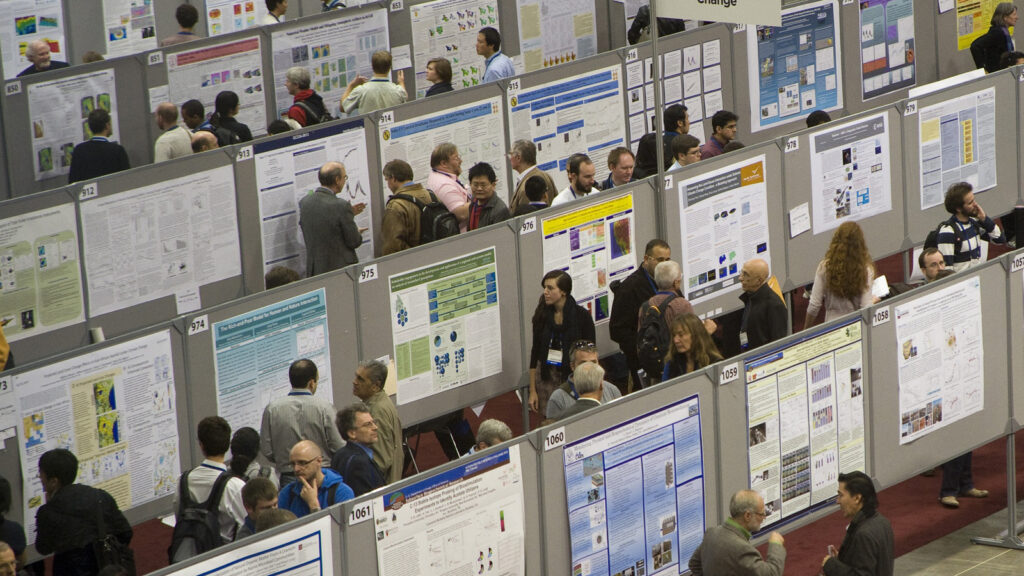By Carlos Gevers-Montoro and Zoha Deldar / 2020-04-30
COVID-19 has shaken our whole world upside down. Our minds are racing with stress and anxiety as we read the news, worry about our loved ones, and feel pressure to stay productive during this unusual time. Coping with this new situation is extremely taxing and resource-consuming, especially for early-career researchers, as we face increasingly unpredictable futures. As university life and research have ground to a halt, there is much uncertainty concerning upcoming vivas, finishing contracts and the status of grants. Since we have no idea when or whether we will be able to get back on track, 2020 could become a blank page in our CVs. Meanwhile, many of us are worried about how the indefinite closure of borders will affect our career paths since the international mobility that our careers are built on is currently impossible.
As junior scientists, we rely heavily on scientific conferences for early-career progression. These events provide unique opportunities to present and promote our research to other scientists in our fields, while offering invaluable occasions to network and forge collaborations. With all conferences having been cancelled indefinitely, we are suddenly being denied those opportunities, and feeling as though our hard work in preparing for them is going to waste is devastating. But in the midst of this turmoil, some positive outcomes can be found. Science, as it has always done, is adapting to this new environment, and some of the changes may just turn out to be for the better.

